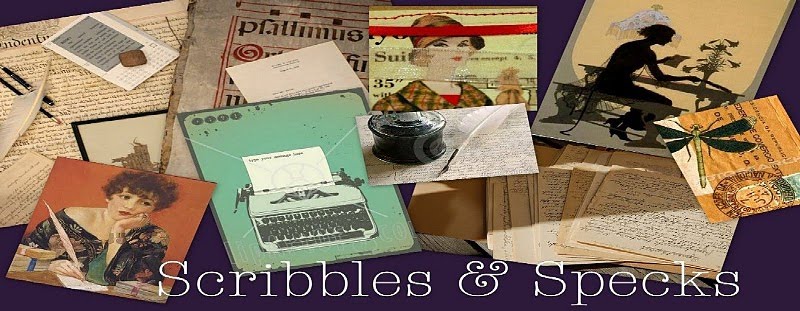Remember, five (5) of your writer's notebook entries must evaluate another author's writing.
To read like a writer follow these easy steps:
(1) While you are reading notice passages that jump out at you, or that you just like
(2) Re-read those passages and look at what the author is doing--why did the passage strike you? Is it the words, the imagery, the punctuation? What's going on?
(3) Determine what the author is doing--give the effect a name
(4) Evaluate the effect. Does it work? Why or why not?
(5) When/How will you use (or avoid) this same technique in your writing?
I will demonstrate.
1. This passage comes from the novel Night by Elie Wiesel, it is an autobiographical novel about Wiesel's experience in Auschwitz during the Holocaust.
2. Passage:
"The bread, the soup--those were my entire life. I was nothing but a body. Perhaps even less: a famished stomach" (52).
3. Name: Wiesel is using dashes, colons, and fragments to create certain effects.
4. Evaluate: This passage has a great use of punctuation. When Wiesel places the dash between the phrases "The bread, the soup" and "those were my entire life" he emphasizes the importance of each phrase in relation to each other. The dash creates an important pause. It forces the reader to stop and think about what is on both sides. Then Wiesel goes on with the complete sentence: "I was nothing but a body." This sentence is emphasized because it is followed by a fragment (or an incomplete sentence). The fragment "Perhaps even less: a famished stomach" emphasizes the complete sentence that comes before, but it is also emphasized. This double emphasis is an amazing technique. Wiesel is able to make his readers consider each phrase. Within the fragment, Wiesel uses a colon. The colon has a similar effect to the dash in that it makes the reader pause and think about the phrases on both sides and how they relate to each other. And because this sentence is a fragment the reader must not only consider how the phrases on both sides of the colon relate to each other, but to the complete sentence that comes before them. Wow. Now this is powerful prose.
5. Imitation:
The game, the crowd--those were my entire life. I was the best. Perhaps even more: top notch, a star.
Using it: I can use dashes and colons when I have two related ideas and I want to place an emphasis on both of them. I could also use fragments when I want to keep a point short and help my reader tie it back to the sentence before. Yay for colons, dashes, and fragments!

No comments:
Post a Comment